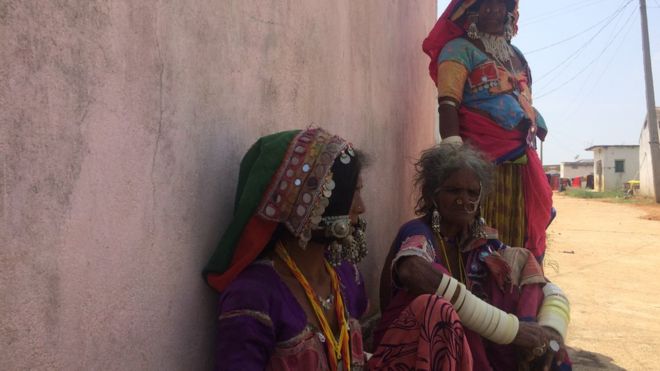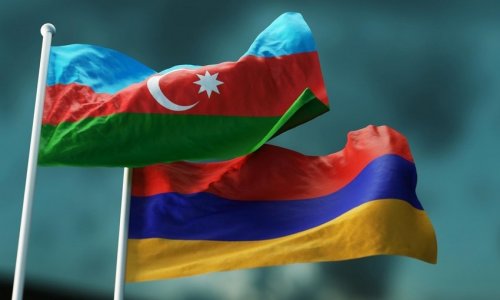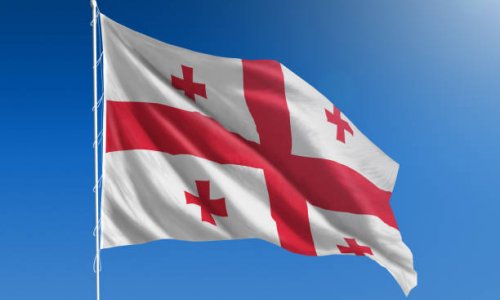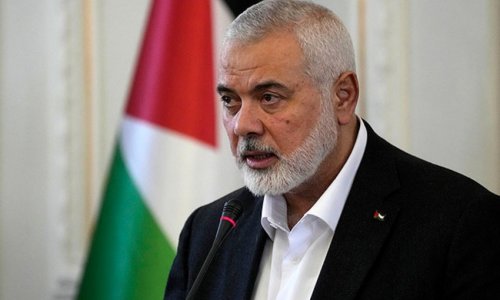National Highway 44 is a road with a deadly reputation.
It connects India's north and south and has been blamed for the deaths of an alarming number of south Indian tribal villagers who live alongside it.
One such village is Peddakunta, belonging to the Mahbubnagar district of Telangana, and lying adjacent to the highway bypass.
Tiny Peddakunta is easy to locate because of its reputation as the "village of highway widows".
In the village of 35 huts and families, there is only one male adult. Thirty seven others have died, and three have left the village for good.
Even World Health Organisation (WHO) statistics, which indicate that India has a road accident death every four minutes, pale in the case of Peddakunta.
Curse of the gods
"There are no men left there", says 65-year-old Mohammed Dastagir, who runs a paan-cigarette shop near the road leading to the village.
"The village headquarters are on the other side of the highway. Everyone has to cross it to get any work with the government done - and many do not return. The most shocking death was a few months ago when a member of a nearby village went to the government office with a petition over the high number of deaths and died while returning."
Inside the village, 44-year-old Korra Sakini lost her son to the highway three years ago. Her husband died a few months later, at the same spot, where the path from the village meets the busy bypass.
"They give us half a kilo of rice to eat. I have no money, no family, no work, and nothing to live for. The gods have cursed us. No male in our village will live for long. The highway is just a vehicle carrying our fate.
"We are doomed to wait for our death and be known as the cursed village of the highway-widows. Politicians and government officials come, especially after you journalists write. But none of us have been given even a single rupee so far," she told the BBC.
When the highway bypass was built nearly a decade ago, provisions to build a service lane were also passed.
This would have allowed pedestrians a safe route to the other side of the road without them having to cross the bypass. This never materialised, and as a result villagers are forced to walk across the four lanes of the highway bypass if they are to collect their monthly pensions or take up employment in nearby villages.
Thariya Korra, is the only man left alive, but lost his wife to the highway.
He has had to look after his five-year-old son alone ever since. "First came the highway. It brought no prosperity, only death. The factory nearby came later. We were promised water, a health centre and jobs. Nothing happened," he told the BBC.
"They could not get us to sell our land to a factory. They will never build a bypass. Once we are all dead, they can just take the land."
The situation has meant that the village is one of the poorest in the district.
Alcoholism and illiteracy further compound their woes.
Seven-year-old Anchan is one of only five village children who go to a nearby school.
"We are afraid when they are late. We have had too much to mourn and nothing to celebrate," his mother says.
As a result, many of the women are forced into prostitution for money, and sometimes even for food.
Korra Panni tells her story without a trace of pain. "What can we do? After almost every man in the village died, we were left helpless. Men from other villages come here seeking us."
Nenavath Rukya lost her husband, three sons and a son-in-law to the highway. Unable to fend off the attentions of unwanted men from nearby villages who were bothering her daughter-in-law, she sent her back to her parent's village.
"We want to send all our children to government hostels so they can live", she said.
(BBC)
www.ann.az
Follow us !











